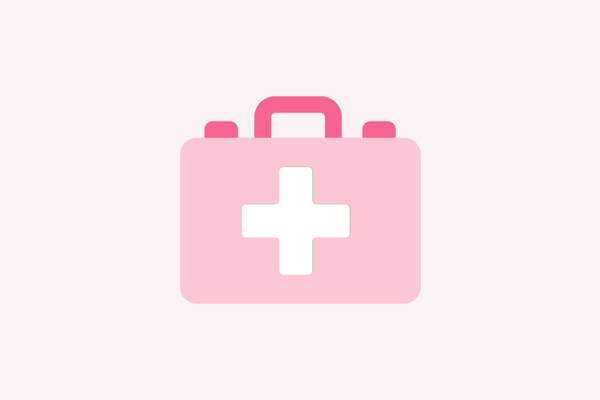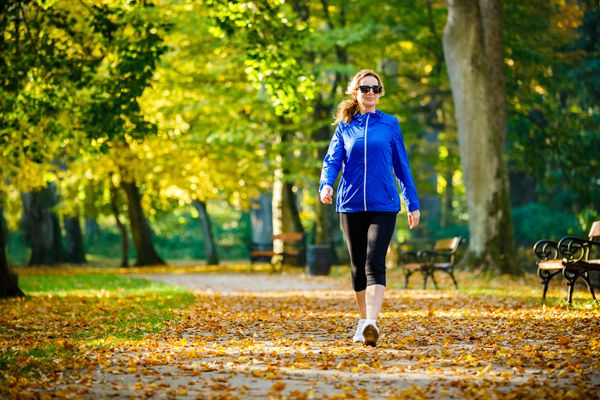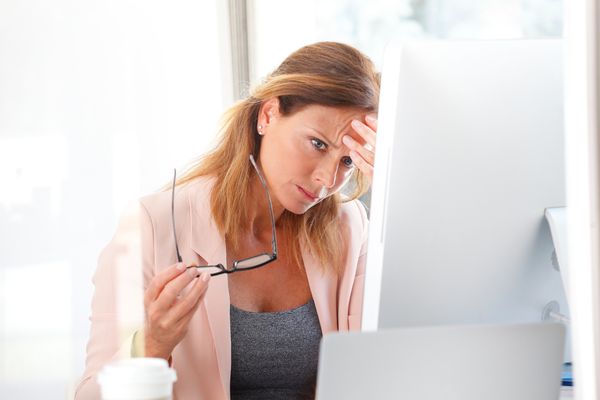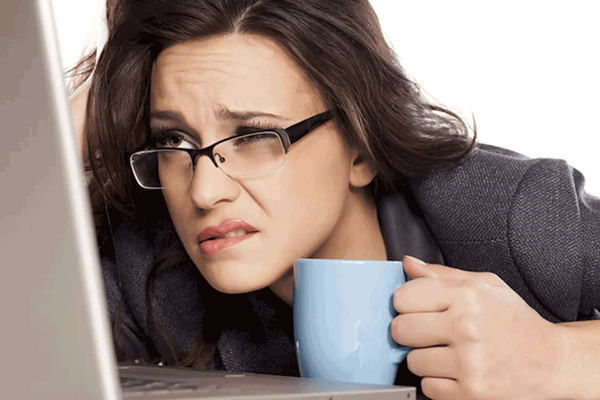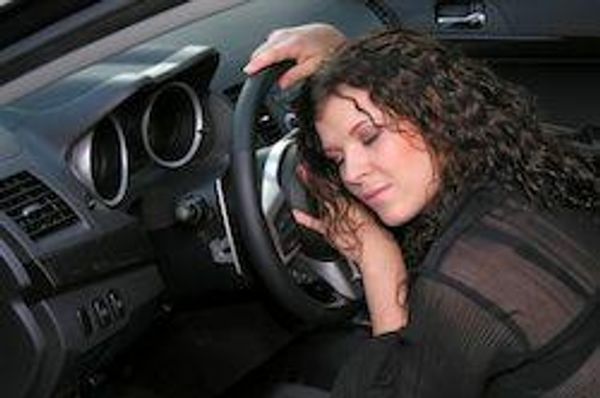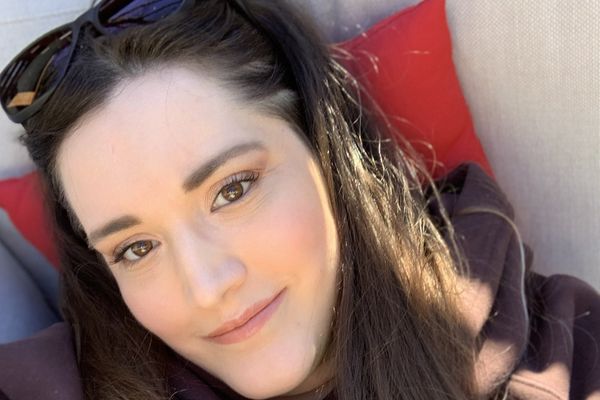If you have obstructive sleep apnea, the most common form of sleep apnea, and still feel tired during the day, you are not alone. And we're not talking about, "I need another cup of coffee" tired. We're talking about a different kind of tired. We're talking about excessive daytime sleepiness related to sleep apnea.
Excessive daytime sleepiness related to sleep apnea may lead to:
- Being frequently tired throughout the day
- Having lapses in wakefulness, memory or judgment
- Feeling unable to enjoy, fully participate in or stay alert during regular activities (e.g., reading or watching TV)
- Increased risk of motor vehicle accidents due to unintended lapses in wakefulness
So how do you know if you have excessive daytime sleepiness related to sleep apnea?
Excessive daytime sleepiness related to sleep apnea can go undiagnosed for years because people might not recognize their symptoms or are using things like caffeine to attempt to stay awake. Coffee is not the answer.
If you have sleep apnea and think you may have excessive daytime sleepiness, you should see a health care professional to discuss your symptoms. Typically, neurologists, sleep specialists, pulmonologists, psychiatrists or primary care physicians can help.
Your health care professional will likely use the Epworth Sleepiness Scale, which is a common tool used to evaluate how tired a person is during the day.
When meeting with a health care professional, it may be helpful to discuss the following topics connected to your sleepiness:
- Impact and consequences on everyday life (e.g., effect on relationships, job performance, daily activities, issues with memory)
- Lifestyle habits that may help manage symptoms (e.g., improving sleep schedule and habits)
- Treatment options in addition to airway therapy
Are there treatment options for excessive daytime sleepiness related to sleep apnea?
There are! Wake-promoting agents, which are prescription medications that help you feel awake during the day, can be added to your sleep apnea treatment program.
- Sleep Disorders Hub - HealthyWomen ›
- Not Just a Man's Disease—Women Get Sleep Apnea, Too! ›
- Sleep Apnea and Excessive Daytime Sleepiness: What Is the Connection? ›
- Sleep Apnea is More Common Than You Think — and More Serious - HealthyWomen ›
- Could You Have Obstructive Sleep Apnea? - HealthyWomen ›


